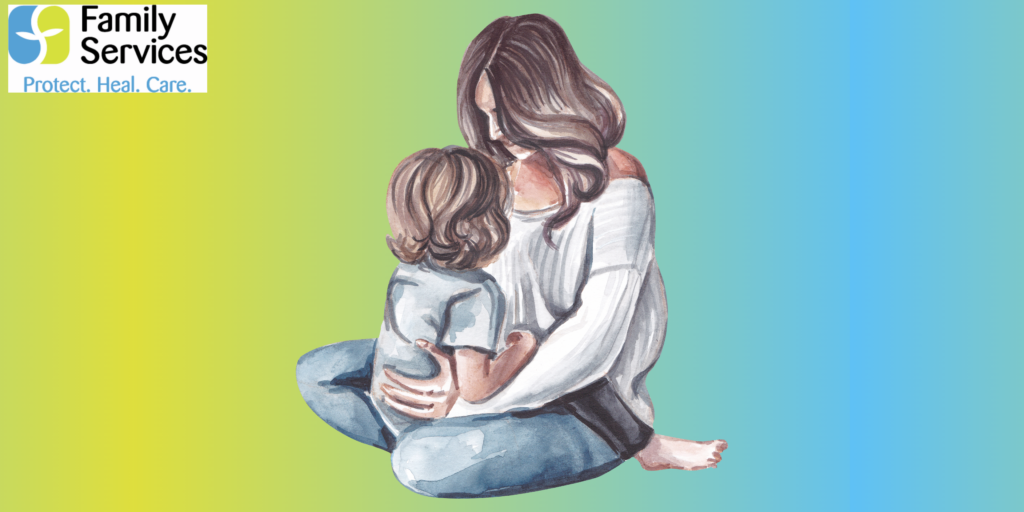The Power of Pause: How Time-Outs Can Help You Regain Control as a Parent

By: Elissa Kraynik
Supervisor/Family Support Specialist/Child Passenger Safety Technician
Parent Connection
“I am a terrible parent.” “I just want my baby to stop crying.” “I just want to scream.” Have you ever felt this way? Parenting guilt is a real thing. These thoughts that may be inside your head are normal. You are not alone. Your feelings are extremely valid. You may be suffering from extreme lack of sleep. You may be stressing out about other responsibilities with work, school, laundry, or making meals.
Here are 4 things you can do if you feel yourself getting too overwhelmed or angry with an infant:
- Stop and assess the situation: If you have an infant or a small child, they can sense your feelings. An infant can feel your heartbeat and sense that something is wrong. This might make it very hard for you and your infant to calm.
- Take a few minutes to yourself: Find a safe place like a crib or bassinet free of blankets, pillows, or stuffed animals to lay your baby in. Turn on a sound machine or soft music. Leave the room. Take a deep breath while counting to ten – in through the nose and out through the mouth. Re-center and refocus.
- Don’t be afraid to ask for help: It is important to have a person or two in your phone that you can call or text when you need a minute to let your feelings out.
- Get outside: After a nap, grab the stroller and get outside. Even a quick walk around the block can help!
If your child is older and in danger of hurting themselves or others, you may need to take them to a quiet, safer place to better regulate their emotions. This may mean removing them from a certain room or public place.
Here are 3 things you can do to help regulate you and your older child’s emotions:
- Communicate: Validate your child’s feelings by explaining you also feel frustrated. Explain to your child that we both need to take a pause in order to regain control of how we’re feeling.
- Regulate breathing: Take a deep breath and count to ten, ask your child to help you. Breathe in through your nose, and out through your mouth.
- Soothe: Turn on a sound machine or soft music. Rock in a chair, sway standing up, or just lie on the couch.
By showing your child that you can properly recognize, validate, and regulate your own emotions, you are modeling a positive stress response. Just like learning how to tie your shoes, children need to be taught how to deal with these larger-than-life emotions. If it helps to write down your stress response plan, or “Time Out Technique,” do it! Where do meltdowns tend to happen within your home? Where do you feel the most overwhelmed? Do meltdowns coincide with making dinner or bath time? Consider posting your “Time Out Technique” there!
During nap time or when the kids are at school or in bed, practice some self-care – especially after a particularly hard day. Take a warm quiet bath, read that magazine article or book you’ve been putting off, plant some flowers, or call a friend. Reach out. We are here for you.